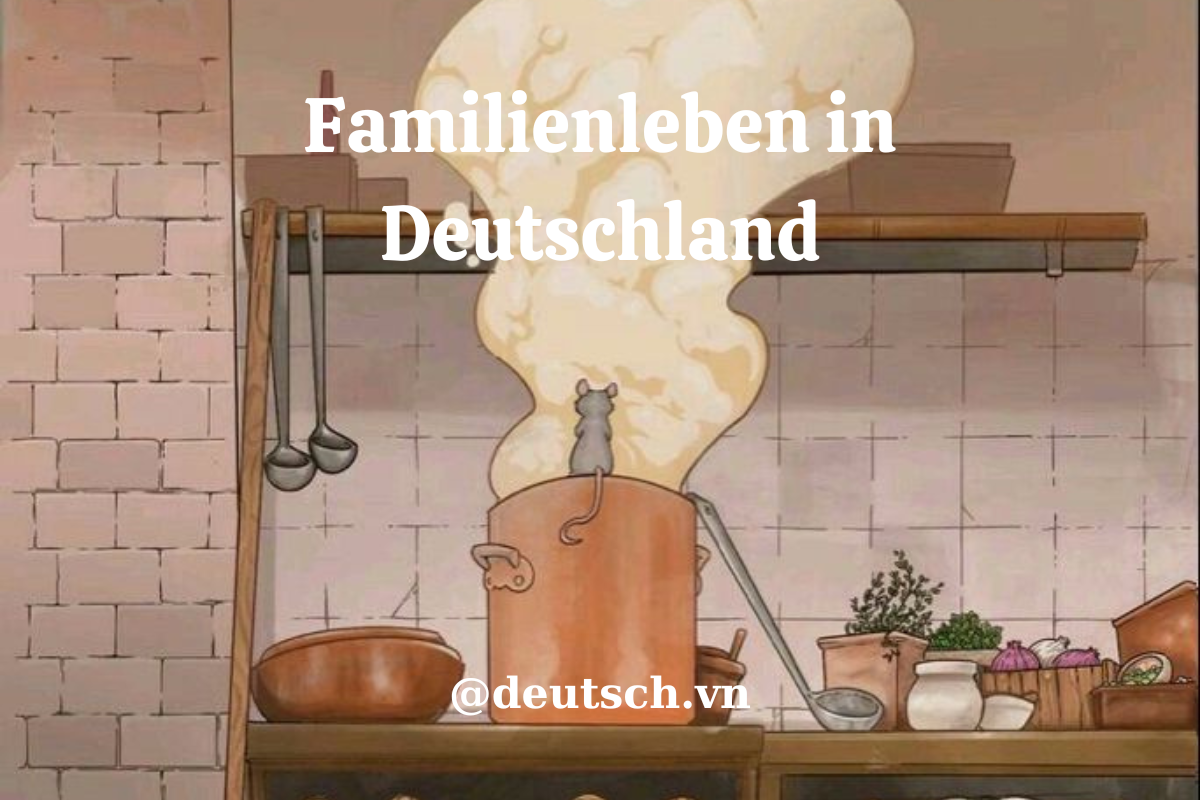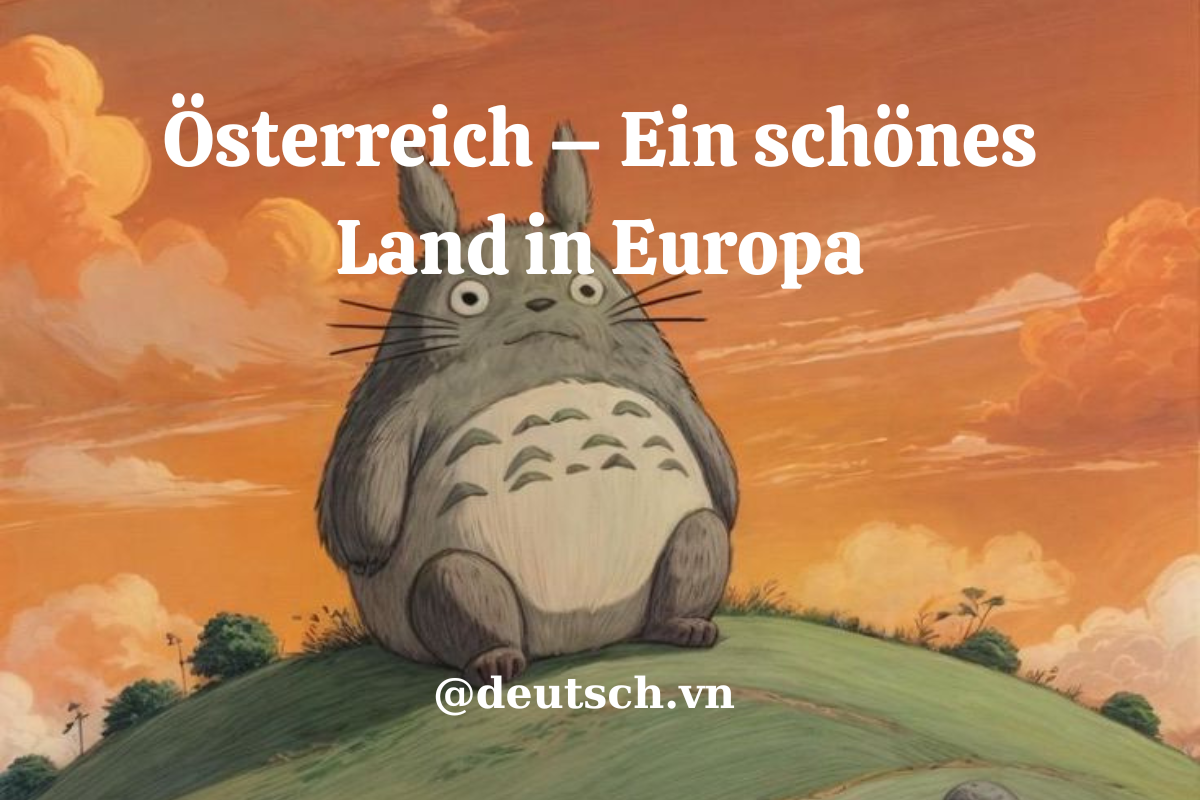Globalisierung der Esskultur

Die Globalisierung hat die Welt kleiner gemacht – auch in der Küche. Today you can eat sushi in Berlin, order pizza in Hanoi, or buy German bread in Mexico. Food culture changes through travel, trade, and the internet. But what does this development mean for local traditions, and what challenges does it bring?
Thanks to globalization, exotic dishes like Vietnamese pho or Italian pasta are known everywhere. Large restaurant chains like McDonald’s or Starbucks have spread worldwide and offer the same taste everywhere. This makes life more convenient, but many people worry that local specialties could disappear. In small villages in Italy, for example, some families no longer cook traditional pasta because fast food is quicker. If this trend continues, old recipes could be lost.
The food industry also plays a major role. Ingredients like avocado or quinoa are now transported across continents, which increases CO₂ emissions. At the same time, countries that previously had little variety can now discover new flavors. But not everyone is happy about this: Some criticize that globalization makes food culture too uniform. In Asia, for example, young people prefer burgers to traditional rice, which bothers the older generations.
Nevertheless, global food culture has advantages. It promotes cultural exchange and makes people more open to new things. Chefs experiment with fusion cuisine, for example by combining sushi with Mexican spices. In addition, local producers can sell their products internationally if they know how to market them. The globalization of food culture is therefore a double-edged sword: It brings diversity but also risks.
True / False Exercise
Globalization of Food Culture - True or False?
Fill-in-the-blank Exercise
Fill in the blanks with the correct words.
Exercise: Globalization of Food Culture
📖 Important Vocabulary
| Vocabulary | Plural | Type | Meaning |
|---|---|---|---|
| die Globalisierung | - | Noun | globalization |
| die Esskultur | die Esskulturen | Noun | food culture |
| die Herausforderung | die Herausforderungen | Noun | challenge |
| exotisch | - | Adjective | exotic |
| die Spezialität | die Spezialitäten | Noun | specialty |
| die Lebensmittelindustrie | - | Noun | food industry |
| der CO₂-Ausstoß | - | Noun | CO₂ emissions |
| der kulturelle Austausch | - | Noun | cultural exchange |
| die Fusionküche | - | Noun | fusion cuisine |
| vermarkten | - | Verb | to market |
📌 Important Grammar
-
Konjunktiv II (Subjunctive II for possibilities)
- "Wenn dieser Trend weitergeht, könnten alte Rezepte verloren gehen." (If this trend continues, old recipes could be lost.)
- "Lokale Produzenten könnten ihre Waren international verkaufen, wenn sie sich gut vermarkten." (Local producers could sell internationally if they market well.)
-
Passive with „werden“
- "Zutaten wie Avocado werden über Kontinente transportiert." (Ingredients like avocado are transported across continents.)
- "Die Esskultur wird durch die Globalisierung verändert." (Food culture is changed by globalization.)
Q&A ❓💬
If you feel what you're doing is meaningful, feel free to leave an encouraging comment 😊


















































